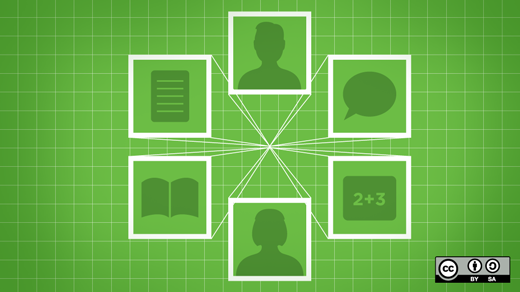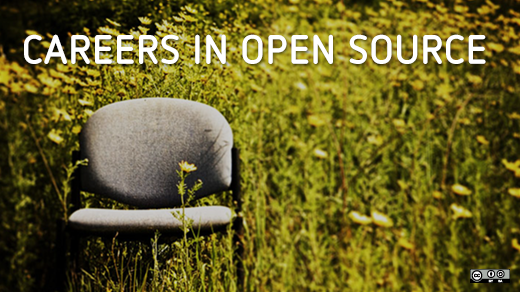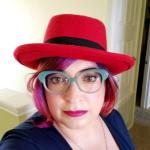For Careers in Open Source Week here at Opensource.com, I thought I would turn to the people I work with everyday to see how open source has changed their view on things. I interviewed Melissa Lefebvre who joined our Koha support team almost a year ago after working on Evergreen, another open source ILS system, for four years as Project Manager at Bibliomation, Inc., a large public and school consortium in Connecticut.
Read more in my interview with Melissa.

Tell us about your job in open source.
I am Operations Manager at ByWater Solutions, and my role at the company is to guide migrating libraries from their current ILS system (usually a propriety ILS) to Koha. My goal is to make the transition to open source as uneventful as possible. Migrations, no matter to what system, open source or proprietary, are stressful. When the element of open source, which still scares staff to some point, is added into the mix many libraries are nervous during that first kick off call with us. I walk them through the whole process of the migration during that call and then check in with them during the actually migration months to see how they are doing.
How do you use open source software/hardware/philosophies in daily practice?
I am constantly looking for ways to make my life easier whether it's keeping track of my kid's school activity schedule or not loosing my grocery list. For this, I often look for open source solutions. Why? Because most of the time the open source solution is simple and doesn't have unnecessary bells and whistles that I don't need, and even if I need those extra bells and whistles, I know that someone else out there also needs it and most likely has coded it already.
What's your favorite library open source product (other than Koha)? Why is it your favorite, and how do you use it?
My favorite open source products are Gimp, which is a photo editing program similar to Photoshop, and also LibreOffice. Both of these I use on a regular basis for my job. I am constantly taking notes during all my calls, so I opted to use LibreOffice instead of paying for Word and there are times that I need to resize or edit library logos/images for a migrating library so Gimp is the program I turn to for that.
How do you find your open source experiences influencing your life or perspective when it comes to other software?
Since working with an open source ILS system (Koha and Evergreen) and having the ability to change the wording of something or the way it functions so easily, I wish that could be done for every type of software out there. Because most of this worlds' programs/tools are still closed source, I find myself frustrated with not being able to do anything about the annoyances that I find in software; things I know most likely can be changed easily.
What tips do you have for others looking for a job in the open source arena?
The biggest tip I have is to make sure your mindset is open source. What I mean by that is so often we are surrounded by policies, red tape, and other things, where our voices are seldom heard. In the open source world things move a lot more quickly. If you have an idea, you tell a developer, maybe give him/her some money (or cookies), they code it, and it's ready to be used. Easy-peasy-lemon-squeezy. So if you want to really make a change, then open source is the way to go.
Do you try to get others in your life to use and understand open source? If so, how?
I do; however, I am not usually successful until I mention that they use an open source product everyday and that product is Firefox. Once they realize that they are using an open source product already, it makes a little more sense to them what I do and how they can use open source more too.
View the complete collection of articles from Careers in Open Source Week.








Comments are closed.